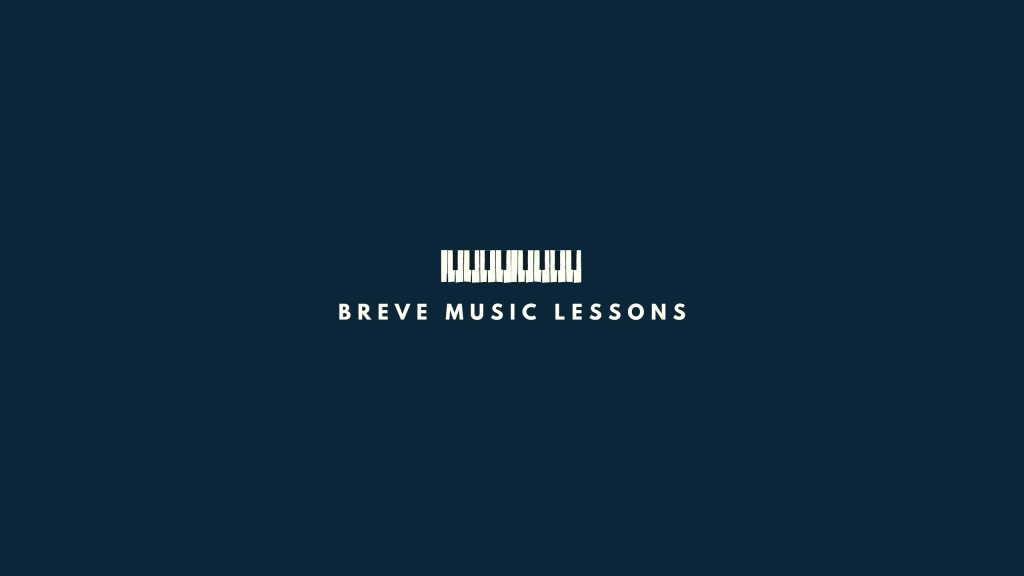Table of Contents
Will AI Replace Musicians?
Introduction
As AI technology advances, its applications are expanding into various creative fields, including music. From AI-generated compositions to virtual musicians, innovation in the music world is on the rise. However, despite AI’s growing presence, there are fundamental aspects of music that make human musicians irreplaceable. Here’s why the artistry, authenticity, and unique human connection professional musicians bring to the table can’t be replicated by AI.
Will AI Replace Musicians? Reasons Why AI Can’t Replace Real Musicians
1. Music as a Unique Human Expression
For musicians, music isn’t just a series of notes or rhythms; it’s a powerful medium for expressing personal stories, emotions, and perspectives. When a musician writes or performs a piece, they infuse it with aspects of their own personality, experiences, and emotions. This personal touch gives their music an authentic voice, one that listeners can relate to on a human level. AI, while capable of analyzing and imitating patterns in music, lacks the lived experiences and emotional insights that make a musician’s work feel personal and relatable. Music listeners often seek that sense of connection, whether through a shared heartbreak, joy, or nostalgia—elements that a machine simply cannot replicate.
2. The Irreplaceable Live Music Experience
Humans are inherently social beings, and there’s something uniquely compelling about gathering to experience live music together. Live performances bring audiences face-to-face with the artist, creating an electric atmosphere that transcends the music itself. Watching an artist pour themselves into their performance adds a layer of depth and excitement that AI-driven performances, which may feel clinical or detached, cannot achieve. The energy of a live concert or intimate venue resonates deeply with people, as the shared human experience heightens emotional responses and fosters community in ways that virtual or AI-led performances can’t match.
3. The Joy of Human Creativity and Mastery
AI-generated music can achieve a high degree of technical accuracy, but it cannot capture the innate creativity and mastery that human musicians bring to their craft. Many people are inspired by watching musicians perform at a high level, whether it’s the precision of a classical pianist or the improvisational flair of a jazz saxophonist. Observing someone excel in an art form, particularly one as expressive and nuanced as music, fosters admiration and excitement. People feel a natural connection to the effort, practice, and dedication that musicians invest in their work, something AI cannot replicate as it lacks the creative journey and the growth process that defines human artistry.
4. Artistic Evolution and Emotional Depth
Professional musicians often evolve throughout their careers, experimenting with new styles, techniques, and themes as they grow and change as individuals. This evolution in their music reflects their personal journeys and allows listeners to experience the music from different perspectives over time. AI, however, doesn’t experience growth or change in the same way. Its “evolution” relies on data input and programming rather than a deep, introspective process. The emotional depth that comes from a lifetime of artistic exploration is a defining feature of human musicianship that AI cannot replace.
5. The Collaborative Nature of Music
Another irreplaceable element in music is collaboration. Musicians often work together, combining their unique talents and ideas to create something greater than they could achieve individually. This exchange of ideas is inherently human, shaped by communication, empathy, and shared experiences. When musicians play together, there’s an organic flow of creativity that no algorithm can replicate. The collaborative dynamics, spontaneous improvisation, and creative synergy that emerge from human interactions are essential to music’s richness and diversity, something that’s beyond AI’s grasp.
Conclusion: Embracing AI as a Tool, Not a Replacement
While AI has opened exciting new doors in music production and composition, its role should remain complementary to, rather than a replacement for, human musicianship. Professional musicians bring a level of passion, creativity, and emotional depth that AI cannot match. Music is not merely a sequence of notes; it’s a form of human connection, self-expression, and artistry that will always require a human touch.
Additional Reading
More blog posts can be found here. Consider following Breve Music Lessons on Facebook and listening to the Breve Music Podcast.
